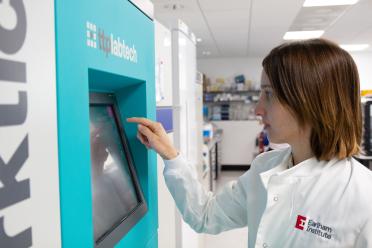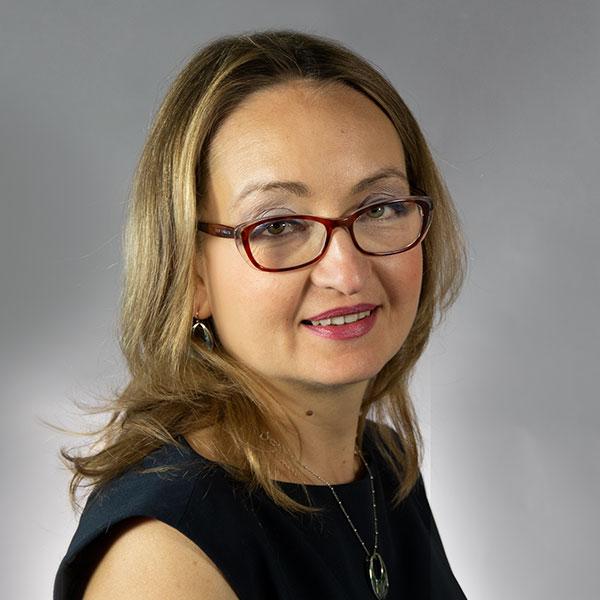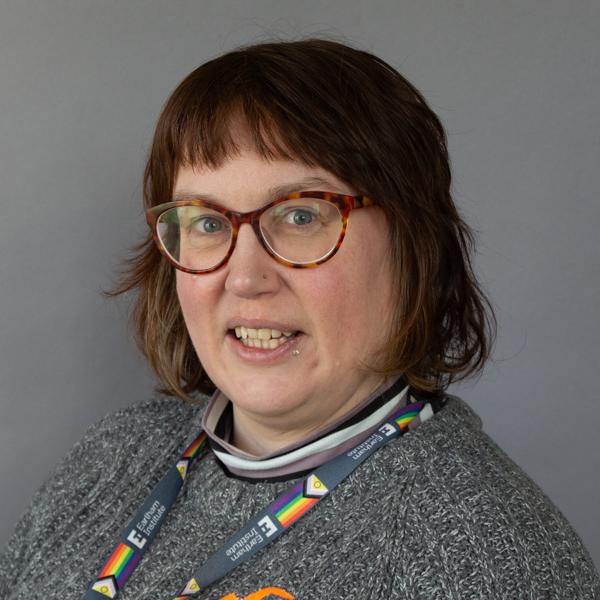Part of the Institute’s mission is to work collaboratively with academics and industry. Advanced sequencing and automation enables us to scale up and miniaturise many molecular biological and genomics projects, making them more affordable and accessible to a wider range of laboratories.
Dr Rob Davey, Head of e-Infrastructure, spoke on the Institute’s computational infrastructure services, tools, and resources. He described the pressure on researchers to use more and better data science techniques, while the continued prioritisation of research papers over digital work meant computing needs were often not as well funded.
“The Earlham Institute can fill a gap for researchers by providing collaborative environments,” he said. “Our system has been built specifically with scientists in mind.”
The Institute offers a complete private cloud with advantages including rapid access, extensive long term storage, user managed environments, and robust automated backups and archival storage.
Dr Emily Angiolini, Head of Advanced Training, showcased the Institute’s programmes for staff exchanges and training opportunities. EI offers introductory and advanced training in data organisation, cleaning and analysis as well as analysis of cellular genomics, population genomics and transcriptomics.
Head of Genomics Pipelines, Dr Karim Gharbi, described the advanced sequencing and bioinformatics work taking place at the Institute, with open access to the latest DNA and RNA sequencing technologies and specialist staff across laboratory, bioinformatics, and project management.
Single cell Laboratory Manager Andrew Goldson spoke on the Institute’s growing expertise in single-cell genomics and analysis and its cutting-edge facilities for profiling thousands of cells in parallel, and isolating large or difficult cells.
And the Earlham Biofoundry Manager, Dr Carolina Grandellis, covered the Biofoundry’s capacity for automated experimental workflows in large-scale projects, revolutionising the speed and scale of research and reducing cost.
The day finished with tours of the Institute’s state of the art advanced sequencing and single-cell labs and the Earlham Biofoundry.








